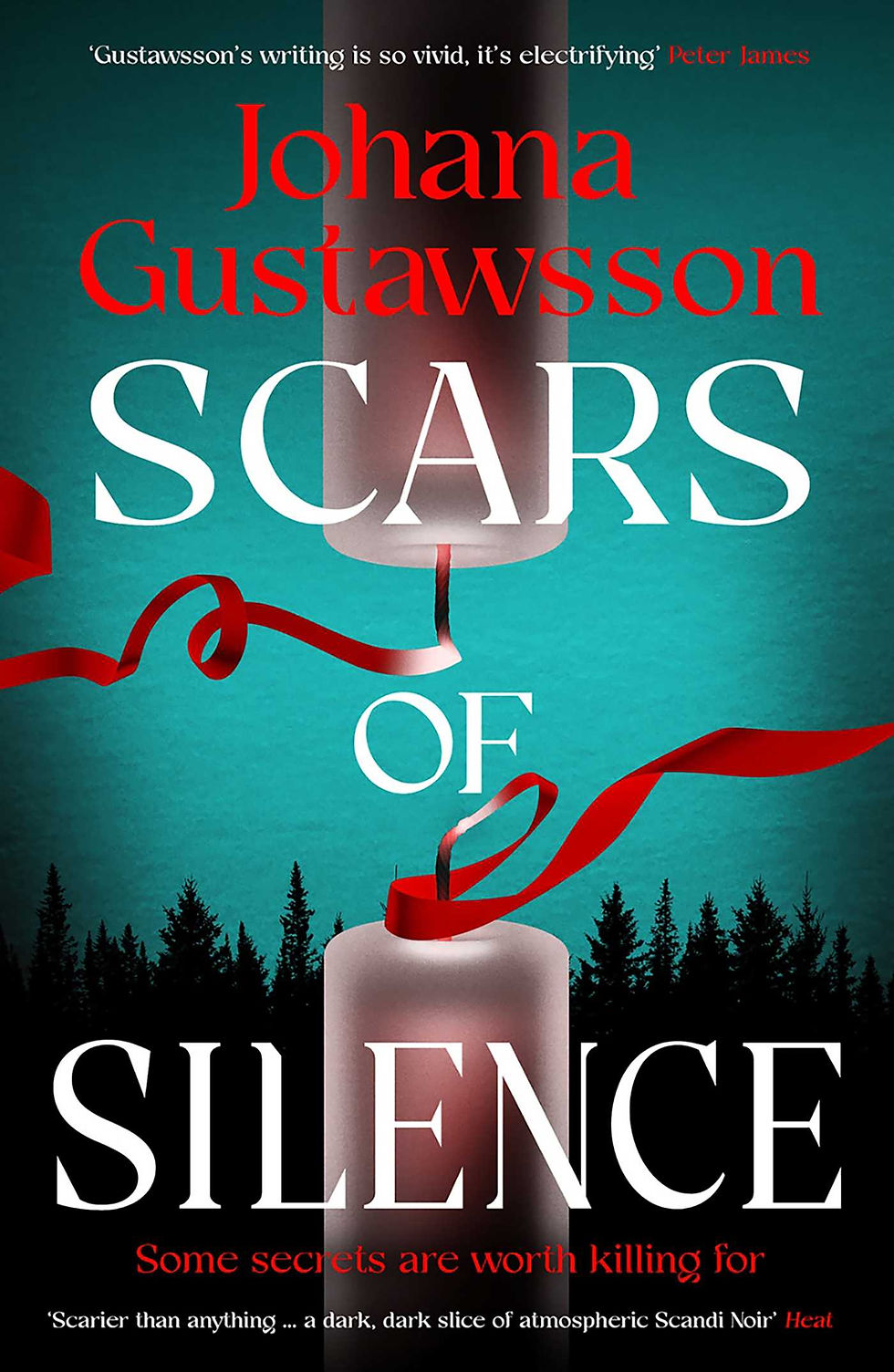After Agatha: Women Write Crime
- Amanda Llwyd
- Feb 3, 2022
- 3 min read
by Sally Cline

SYNOPSIS
After Agatha: Women Write Crime is the first book to examine how British, American and Canadian female crime writers pursue their craft and what they think about crime writing. Hundreds of women who identified as lesbian, bisexual, heterosexual, able-bodied, disabled, feminist, left or right wing, who were Black or white, who had experienced violence, sexism, homophobia or racism and who came from big cities or small country villages had one thing in common: they read crime novels.
The book explores why so many women who face fear and violence in their daily lives should be so addicted to crime fiction, much of which features extreme violence. The book analyses why criminal justice professionals including police officers, forensic scientists, probation officers and lawyers have joined traditional detective writers in writing crime. It examines the explosions of crime writing by women between 1930 and today. It highlights the UK Golden Age women writers, the 1950s American women novelists, the 80s experimental trio, Marcia Muller, Sara Paretsky, and Sue Grafton, who created the first female American private Investigators and the important emergence of female police protagonists, as well as those central characters who for the first time were lesbian, disabled, black or ethnic minority. After Agatha also examines the significant explosions of domestic noir thrillers and forensic science writers.
REVIEW
Crime Fiction accounts for one in three of every book sold in the UK. Many of the most popular crime fiction books and series can be linked back to Agatha Christie in some way. Take the boom in popularity of 'cosy crime' over the last few years, with hugely successful books by Richard Osman and Robert Thorogood. It was actually Miss Marple who was there to start it all in back in 1927.
After Agatha documents the development of crime fiction (with a focus on female authors) right back from the Golden Age crime writers and looks at the huge influence that Agatha Christie in particular had on the genre.
There is a theory expressed in the book that a lot of women live in fear and that the reason there are so many female crime fiction fans is that by reading these stories they have a way of processing their fears. My first instinct was to disagree. Personally I like the thrill of a police investigation, when time is running out to catch the killer before they strike again. I also just like to play detective - trying to solve a crime or mystery before the solution is revealed. However, my first introduction to these types of stories was when I was very young. I was always drawn towards mystery and horror more than any other genre - The Famous Five, Point Horror and Point Crime, Goosebumps and even The Babysitter Club Mysteries spin-off series rather than the original books. At eight years old, who knows why I preferred reading about missing items, mysterious phone calls and things that go bump in the night. I'm not a psychologist and this book certainly starts some interesting discussions.
There are some fascinating interviews and insights, and a breakdown of lots of different crime fiction sub-genres. Whether or not you are familiar with the authors, you can either enjoy hearing more about books you have already read and loved or add a significant number of new books to your wish lists! My personal favourites were hearing from Val McDermid and the chapter on Women in Forensic Science which looked at the 'Ruth Galloway' series by Elly Griffiths and the 'Kay Scarpetta' series by Patricia Cornwell.
After Agatha is a well-researched and fascinating investigation into the Crime Fiction genre, perfect for fans of Agatha Christie's work but also anyone with a much wider interest in contemporary crime writers.
Thanks to @NoExitPress and @OldcastleBooks for the opportunity to read and review.

Fiction: Women Writers / Literary Theory
Publisher: Oldcastle Books
ISBN: 978-0857302328
Pages: 256pp





Comments